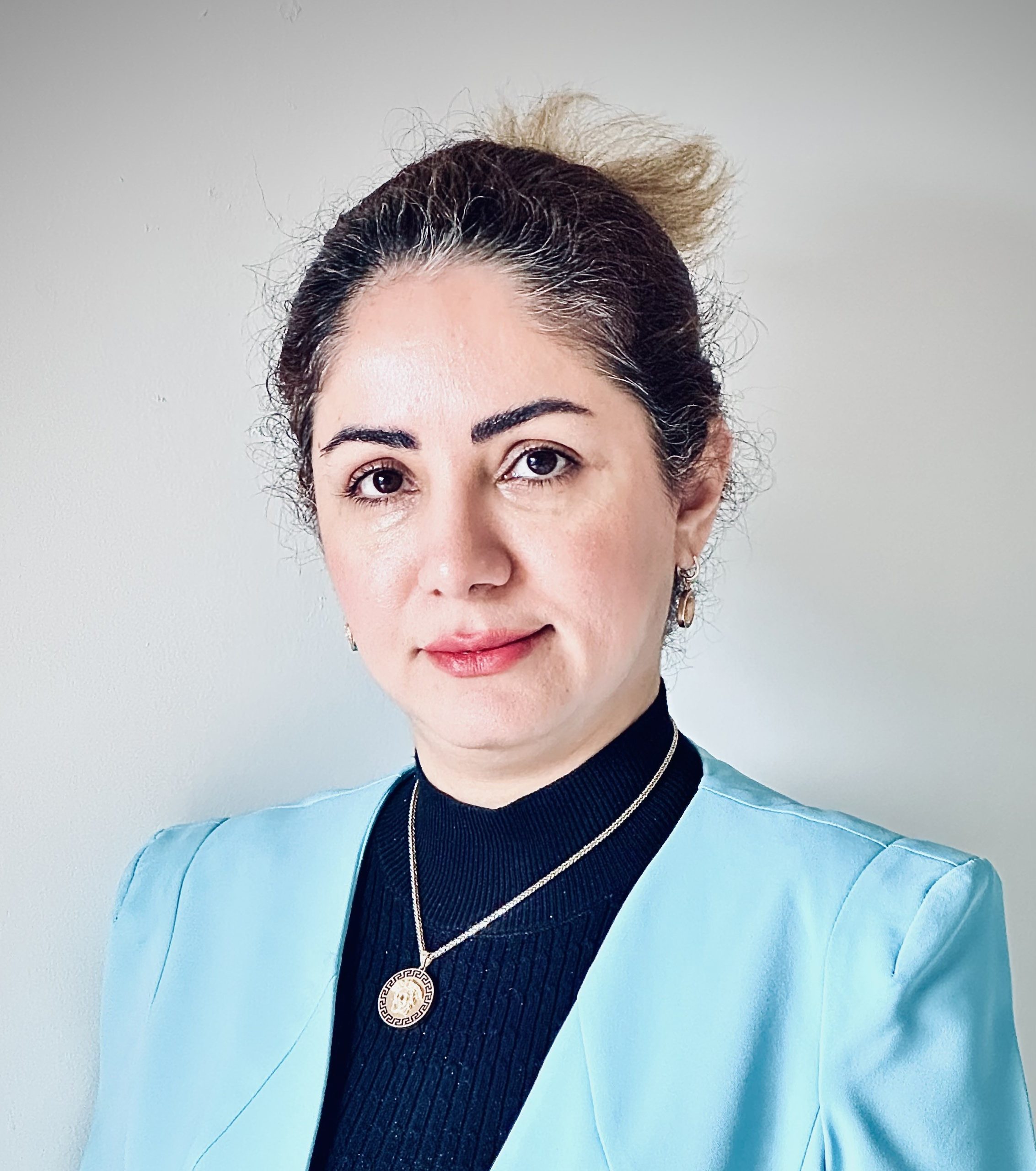

Dr Fatemeh Haidari is an Accredited Practicing Dietitian and accomplished academic with over 17 years of experience in teaching, research, and clinical nutrition. She previously served as a university professor and researcher in Iran, focusing on public health nutrition and community engagement.
Fatemeh has experience working as an Accredited Practicing Dietitian in the aged care sector in Australia, where she provides culturally tailored nutrition support to older adults from diverse backgrounds. Her work in aged care focuses on embedding cultural humility into practice, co-designing inclusive nutrition resources, and supporting both clients and care staff through practical, person-centred strategies.
Fatemeh’s lived experience as a migrant professional informs her commitment to culturally responsive healthcare. She is currently expanding her clinical scope through postgraduate study in Diabetes Education and Management, with a focus on older adults.
B4 – Developing cultural humility in aged care practice: Enabling the workforce to provide inclusive nutrition care
Precis
As Australia’s aged care sector continues to develop, providers are increasingly caring for older individuals from culturally and linguistically diverse (CALD) backgrounds. Many care workers and health professionals report challenges in delivering culturally safe and inclusive nutrition care. Without the necessary training, communication support, and culturally appropriate nutrition resources, CALD clients face a higher risk of malnutrition, disengagement from services, and negative health outcomes.
Objectives:
This presentation presents a practice-based approach to integrating cultural humility into everyday aged care, with a strong emphasis on workforce empowerment to provide respectful, inclusive, and person-centred nutrition care. It outlines how dietitians and other health professionals can develop cultural responsiveness through ongoing training, collaborative care planning, interdisciplinary teamwork, and meaningful client engagement to deliver tailored nutrition support that honours cultural preferences and needs.
Major Initiatives include:
• Short and convenient training modules for staff on cultural food practices, respectful communication, and dietary acculturation.
• Nutrition screening tools tailored for CALD populations to identify nutrition deficiency risks, food traditions, and cultural preferences.
• Collaborative care planning that engages interpreters, bilingual support workers, and family carers to align nutrition plans with cultural and religious practices.
• Incorporation of traditional foods into meal planning that meets nutritional needs.
• Co-developed, culturally sensitive nutrition resources, including translated food guides and culturally relevant handouts to support comprehension and engagement.
• Case examples demonstrating improved outcomes through culturally appropriate interventions, such as increased appetite, enhanced food satisfaction, and stronger client-provider relationships.
These strategies were developed in partnership with CALD clients and families, ensuring interventions are relevant and practical.
In line with the principles of person-centred and rights-based care in the new Aged Care Act, this approach demonstrates how cultural humility can be translated from concept to meaningful practice. It also highlights the importance of equipping frontline staff with tools to navigate cultural diversity with empathy and competence, especially in nutrition care, where food choices, traditions, and dietary needs are closely linked to cultural identity and well-being.
Conclusion:
The presentation concludes with practical recommendations for aged care providers, including embedding cultural responsiveness in onboarding, establishing feedback loops with CALD clients, and fostering inclusive systems that evolve with community needs. Specific emphasis is placed on integrating culturally tailored nutrition care into routine practice, ensuring nutritional needs are addressed with respect and relevance. By empowering the workforce through culturally humble practices, we move toward more equitable and inclusive aged care in Australia.